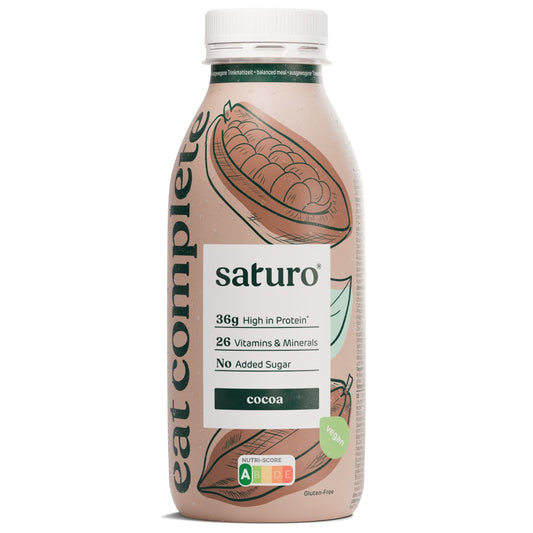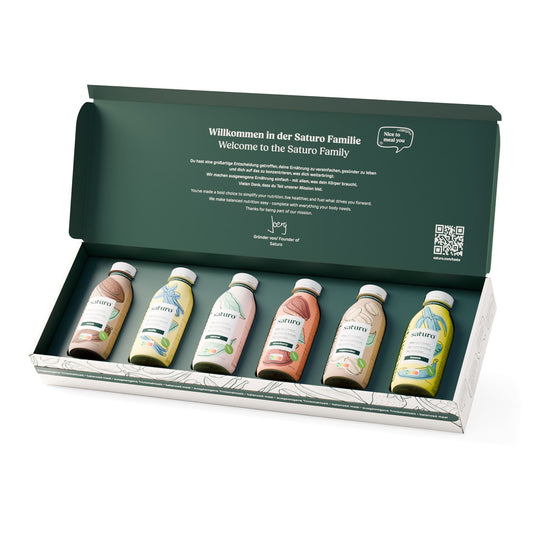Contents
1
What is a lack of molybdenum and how much molybdenum do you need every day?
2
Molybdenum effect
3
Molybdenum deficiency symptoms
4
Causes of molybdenum deficiency
5
Molybdenum in food
Vegan Molybdänquellen (per 100 g)
Animal Molybdänquellen (per 100 g)
Drinking against molybdenum deficiency





